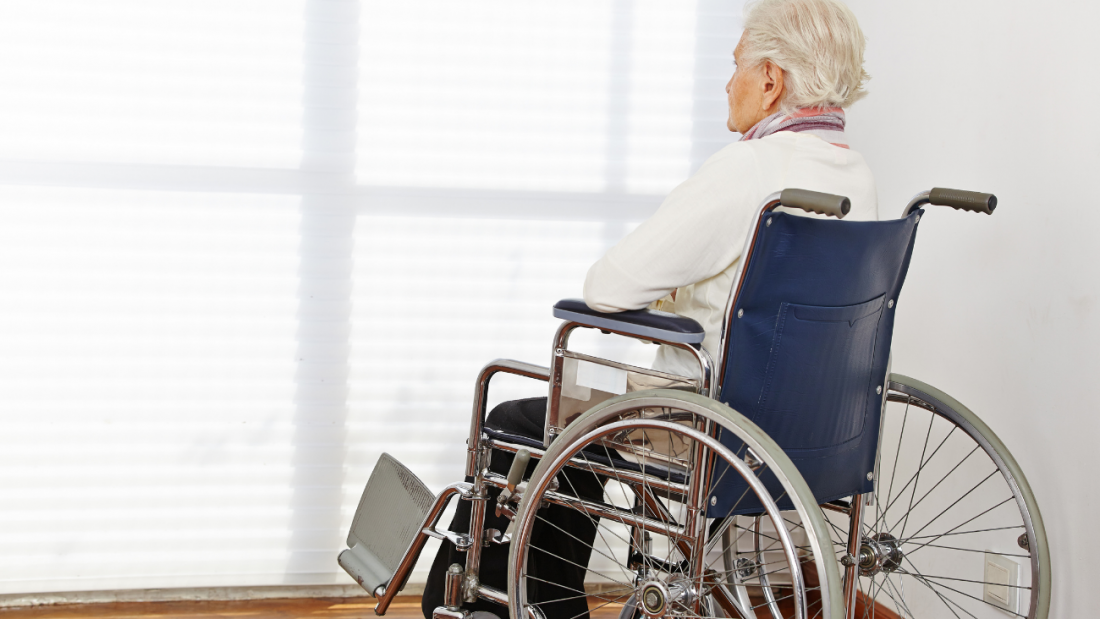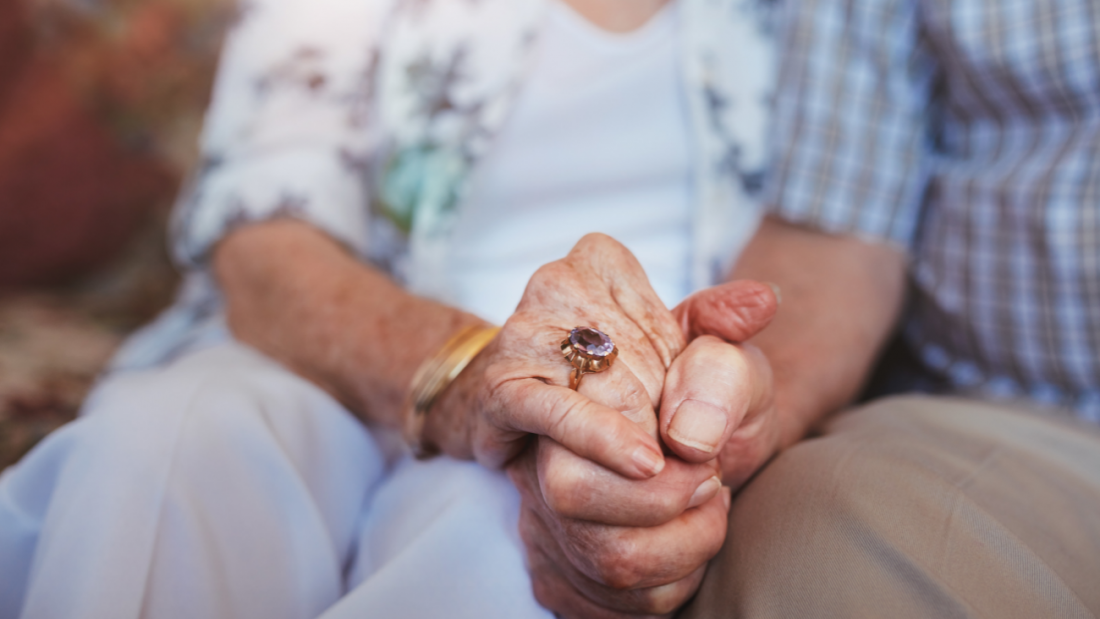As an elder lawyer in Calabasas, I’ve noticed a recurring theme when helping families navigate the downsizing process. Parents often struggle to part with possessions because they hope to pass them down to their children. Yet when meeting with adult children after their parents’ passing, we frequently hear a different perspective: they feel overwhelmed by the sheer volume of inherited items, many of which don’t fit their lifestyle or living spaces.
The Emotional Challenge of Letting Go
That antique dining room set that hosted decades of family dinners. The collection of vintage books carefully curated over a lifetime. The boxes of childhood memorabilia saved with love. These items carry precious memories, and the thought of discarding them can feel like erasing part of your family’s story.
A Surprising Reality
However, today’s generation often lives differently than their parents did. Many prefer minimalist lifestyles, live in smaller spaces, or move frequently for career opportunities. What parents view as precious heirlooms might feel like burdensome obligations to their children.
The Power of Conversation
As your Calabasas elder lawyer, I encourage families to have open, honest discussions about inheritance preferences while downsizing. You might be surprised to learn which items truly matter to your children. Perhaps your daughter treasures the well-worn recipe box more than the fine china, or your son values your collection of family photos more than the antique furniture.
Making Downsizing Easier
Consider these approaches:
- Ask your children specifically which items they would want to inherit
- Share the stories behind meaningful pieces while you can
- Take photos of sentimental items you don’t keep
- Consider passing down special items now, while you can enjoy seeing them used and appreciated
A Gift of Freedom
Sometimes, giving your children permission to make their own choices about inherited items is the greatest gift you can offer. Understanding their preferences now can help you make informed decisions as you downsize, potentially making the process easier for everyone.
Of course, personal belongings are just one part of streamlining the inheritance and estate planning process. If you need help creating a comprehensive plan that considers both physical assets and family dynamics, contact our office for guidance. We can help you develop a strategy that honors your wishes while respecting your children’s needs.





